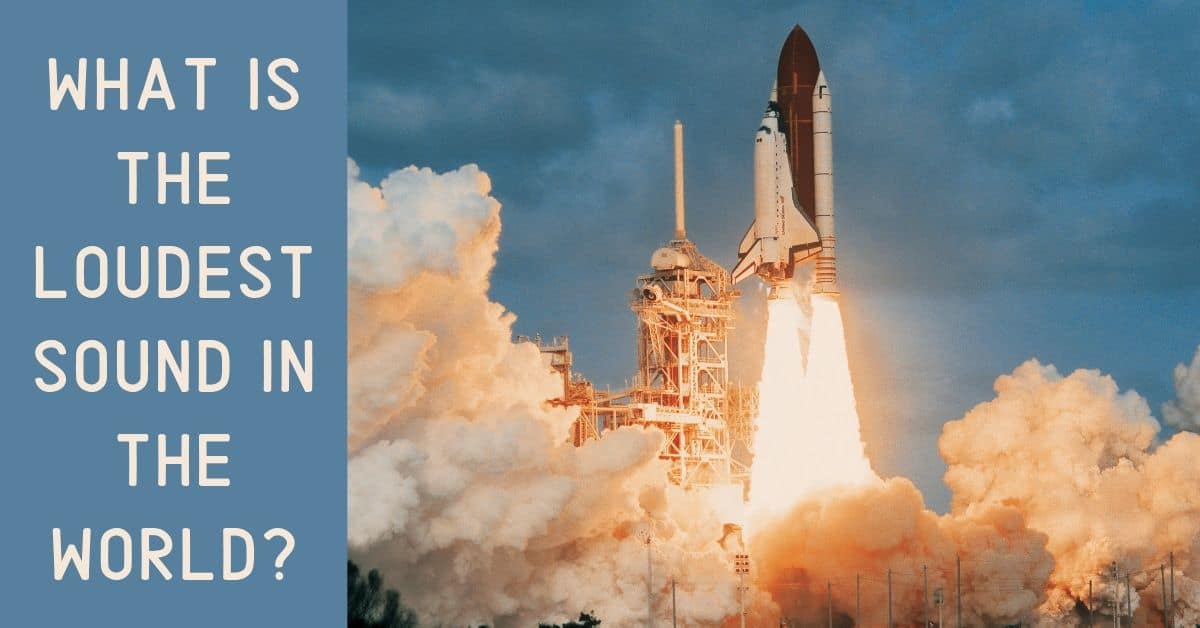
The sounds around you affect your hearing more than you realize, and if you live in a big city your ears have felt the strain of loud noises. The loudest sounds in the world include volcanic eruptions and meteor hits, but even if you live far away from a fault line, you’re experiencing excessive noise in your daily life. Cities are notoriously loud places, with sounds often exceeding safe listening levels.
Understanding Decibels
To protect yourself from loud sounds, it’s important to understand decibels (dB). Sound is measured in decibels, and with a simple decibel reader you can find out exactly how loud a sound is, and if it will be damaging your hearing. Sounds that cause hearing loss are sounds over 85 dB. To put that into context, the volume of normal conversation is 60 dB, your washing machine is around 70 dB, and other home appliances such as the blender whir between 80 and 90 dB.
Sounds that damage your ears and cause hearing loss include squealing brakes and city traffic which is 90 – 100 dB, power tools at 100 dB, and live music concerts that can reach up to 120 dB.
Loud Sounds Hurt
Did you know that some sounds can cause physical pain? If you’ve ever been to a loud concert and left the venue with your ears ringing, and the sounds around you seeming muffled, you’ve experienced painful sound. The pain threshold for the human ear is around 120 decibels (dB). Sounds that can cause physical pain include emergency vehicle sirens that are often over 120 dB, airport noises such as a jet engine taking off, which normally reaches 140 dB, and the sound of gunfire, which can exceed 150 dB!
Sports venues and music concerts are often culprits when it comes to excessive noise. Standing near a speaker at a rock concert can expose you to sounds of 140 dB, and cause hearing loss in a matter of minutes. Fireworks are also notoriously loud, and if you’re watching the fireworks from close by, the sounds you’re hearing are up to 150 dB, causing physical pain and damage to your hearing.
Noise Induced Hearing Loss
If you’re exposed to loud noises like the ones listed above, you risk noise induced hearing loss (NIHL). This is hearing loss caused by damage to the delicate cells of the inner ear. Loud sounds produce a lot of vibrations, and these vibrations are strong enough to permanently damage or destroy the hair cells in the ear. These cells are responsible for converting sound waves into electrical signals, and sending them to the brain. When these cells are damaged, certain sounds will never reach your brain, and you’ll experience hearing loss.
When you are in excessively loud environments you place a lot of strain on your ears, and the louder the sound, the sooner you’ll experience hearing loss. NIHL is irreversible, and once the cells in your ear have been damaged, they can’t be restored or repaired. Noise induced hearing loss can be gradual, as the loud sounds you hear every day slowly chip away at your hearing. This hearing loss can also be sudden, and occur after you’ve been exposed to one short, intense burst of extremely loud sound.
Protecting Your Hearing
Noise induced hearing loss is completely preventable, so make sure you’re protecting your hearing! When you’re in noisy places, such as a concert, sports event, or stuck in heavy traffic, be sure to protect your ears with foam earplugs or earmuffs, and safeguard your hearing. Pay attention to other places that have a lot of noise, and take a moment to think about where you might need to protect your hearing. For example, the dog park can often reach more than 85 dB, and could contribute to hearing loss. Yard work can be noisy, and the lawn mower or leaf blower can damage your hearing. Finally, turn down the volume on your personal listening device, and give your ears a rest! Listening with the volume on high can often send up to 100 decibels of sound right into your ears, and your solution for blocking out all the other noises will further damage your hearing.
Visit us at My Hearing Centers if you think you have noise induced hearing loss, and find out more ways to protect your hearing.
